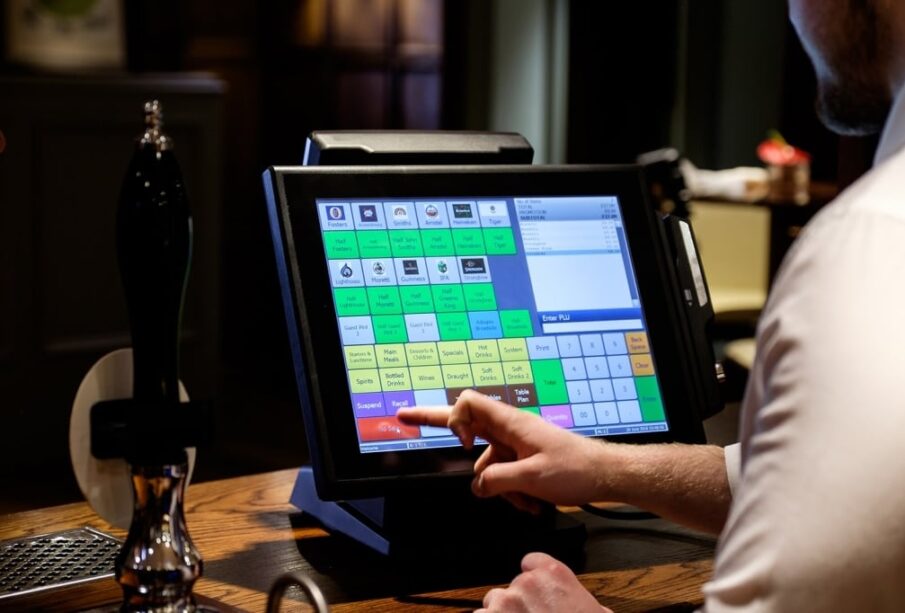The Importance of POS System Security for Restaurants Handling Sensitive Financial Data

As the restaurant industry continues to evolve, so do the methods of payment. With the rise of digital transactions, point-of-sale (POS) systems have become an essential part of restaurant operations. However, with this increased reliance on technology comes the need for heightened security measures to protect sensitive financial data.
In this article, we’ll discuss the importance of POS system security for restaurants and the steps they can take to ensure their customers’ financial information remains safe.
Why is POS System Security Important for Restaurants?
Restaurants handle sensitive financial data on a daily basis, including credit card numbers, expiration dates, and security codes. This information is highly valuable to cybercriminals, who can use it to commit fraudulent activity. A data breach can damage a restaurant’s reputation and lead to legal and financial consequences.
Moreover, a data breach can also lead to a loss of customer trust. Customers who have had their financial information compromised are unlikely to return to the restaurant and may share their negative experiences with others. This can result in a significant loss of revenue for the restaurant.
Therefore, it is crucial for restaurants to prioritize POS system security to protect their customer’s financial data and maintain their trust.
Steps Restaurants Can Take to Ensure POS System Security
- Use Secure Payment Processors
Restaurants should only use payment processors that are compliant with the Payment Card Industry Data Security Standard (PCI DSS). This standard outlines the security requirements for businesses that handle credit card information. By using a PCI DSS-compliant payment processor, restaurants can ensure that their customers’ financial data is encrypted and protected from unauthorized access.
- Regularly Update POS Systems
Many restaurant pos systems should be regularly updated with the latest security patches and software updates. These updates often include security enhancements that address known vulnerabilities. Restaurants should also ensure that all hardware and software components of their POS systems are up to date.
- Implement Strong Password Policies
Weak passwords are a common cause of data breaches. Restaurants should implement strong password policies that require employees to use complex passwords and change them regularly. Passwords should also be unique for each employee and not shared among team members.
- Train Employees on Security Best Practices
Employees play a critical role in maintaining POS system security. Restaurants should provide regular training on security best practices, including how to identify and report suspicious activity. Employees should also be trained on how to handle sensitive financial data and the importance of keeping it secure.
- Monitor POS System Activity
Restaurants should monitor POS system activity regularly to detect any suspicious activity or unauthorized access. This includes monitoring for unusual transactions, failed login attempts, and any other suspicious activity. By regularly monitoring POS system activity, restaurants can quickly identify and respond to potential security threats.
- Limit Access to POS Systems
Access to restaurant pos systems should be limited to authorized personnel only. This includes restricting physical access to the POS system and limiting employee access to only the functions necessary for their job. By limiting access, restaurants can reduce the risk of unauthorized access to sensitive financial data.
- Conduct Regular Security Audits
Regular security audits can help restaurants identify vulnerabilities in their POS systems and take steps to address them. Audits should be conducted by a qualified third-party security professional and should include a review of all hardware and software components, as well as employee security practices.
Conclusion
POS system security is critical for restaurants that handle sensitive financial data. By implementing strong security measures, regularly updating POS systems, and training employees on security best practices, restaurants can protect their customers’ financial data and maintain their trust.
Regular security audits can also help identify vulnerabilities and ensure that security measures remain effective over time. With the right security measures in place, restaurants can continue to provide a seamless payment experience for their customers while keeping their financial information safe and secure.













